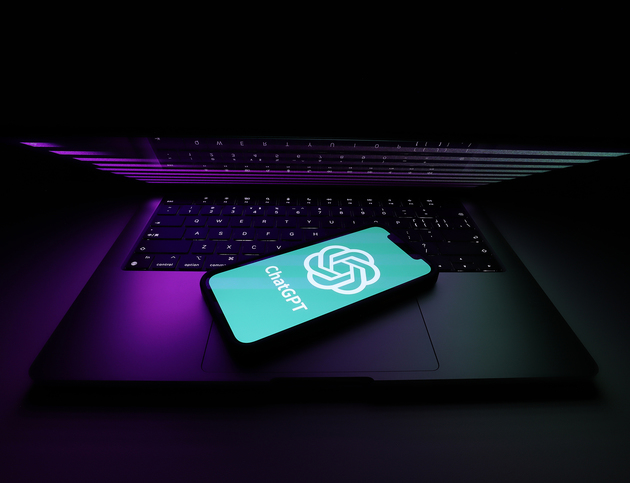
Photo/VCG
1. Intel to Launch Car-Specific AI Chips
Intel announced that it will launch a car-specific version of its latest AI chip. The company also announced that it will acquire Silicon Mobility, a French startup that designs system-on-a-chip (SoC) technology and software for controlling electric vehicle motors and on-board charging systems.
Commentary: By acquiring Silicon Mobility, Intel will be able to offer not only high-performance AI chips, but also a complete car-system solution. This will strengthen its competitive position in the electric vehicle market.
2. Ming-Chi Kuo: Apple Vision Pro Product Positioning Unclear
In a post on the social media platform X, renowned Apple analyst Ming-Chi Kuo said that Apple's Vision Pro mixed reality (MR) headset has specs and software that are far above the industry average, and will therefore likely be well-received by users. However, he said that it remains to be seen whether the headset will be able to sustain its popularity. Kuo pointed out that Apple did a good job of showcasing the technology when the Vision Pro was unveiled in June 2023, but did not provide clear product positioning or key applications.
Commentary: The lack of clear product positioning and key applications for the Apple Vision Pro could affect its market acceptance and long-term development.
3. Researchers Develop New Lithium Battery
Researchers at the Harvard John A. Paulson School of Engineering and Applied Sciences have developed a new lithium metal battery that can be charged and discharged at least 6,000 times, which is more than any other pouch cell. The battery can also be charged in just a few minutes. The research was published in the journal Nature Materials. The technology has been licensed to Adden Energy, a battery technology company that plans to use it to manufacture pouch cells the size of a smartphone.
Commentary: This research could provide new insights into potential revolutionary battery materials and could lead to better power solutions for smartphones, electric vehicles, and wearable devices.
4. AI Helps Microsoft Discover New Battery Materials
Microsoft has partnered with the Pacific Northwest National Laboratory to use artificial intelligence (AI) to quickly identify new materials that could be used in batteries. This could mean that the amount of lithium needed to produce batteries could be reduced by 70% in the future. The research team screened 32 million potential materials and narrowed down the list to 23 in just 80 hours, five of which were known materials. The team said that using traditional methods would have taken 20 years to complete this process.
Commentary: Using AI to quickly screen potential battery materials could reduce the cost and environmental impact of batteries, improve battery performance and efficiency, and bring new opportunities and challenges to the battery industry.
5. OpenAI Admits AI Models Depend on Copyrighted Content
In a document submitted to the UK Parliament's Communications and Digital Committee, OpenAI acknowledged that it is impossible to train leading AI models without using copyrighted content. This is because current copyright law covers almost all forms of human expression, including blog posts, photos, forum posts, software code snippets, and government documents. In December 2023, the New York Times sued OpenAI and Microsoft, alleging that they had illegally used the newspaper's content without permission in their products. OpenAI responded on Monday, saying that the lawsuit is baseless and reaffirming its support for the news industry and its partnerships with news organizations.
Commentary: The conflict and balance between AI and copyright is a pressing issue that needs to be resolved. OpenAI and Microsoft need to use and share data reasonably, while respecting copyright, to promote AI development and innovation.
Disclaimer: The content and data in this article are for reference only and do not constitute investment advice. Verify before using.


 川公网安备 51019002001991号
川公网安备 51019002001991号





